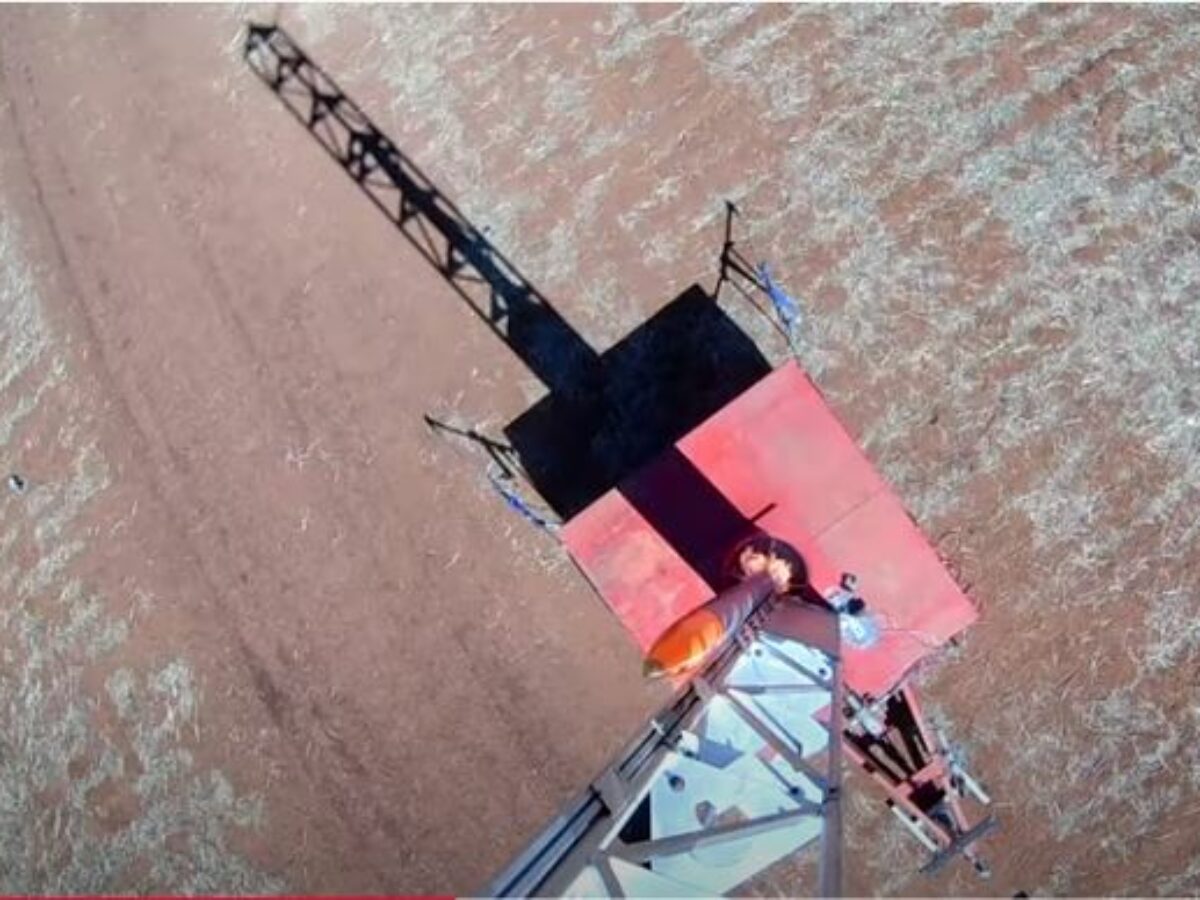Manufacturing news briefs – stories you might have missed

Applications open for Securing Raw Materials Program (SRMP).
Round two of the federal government's Securing Raw Materials Program (SRMP) will invest $29 million into businesses looking to undertake R&D on locally sourced raw material supplies. The government is anticipating applications from manufacturing businesses looking to innovate with Australian materials, importantly through linking with public sector research organisations. Successful applicants will receive between $250,000 and $5 million in matched grant funding, which will enable them to relocate or expand from a capital city into a regional area, or expand from a regional area to a different regional area, in partnership with a regional university or research organisation. The program will support R&D and capitalise on a region’s comparative advantages, increase economic activity, diversity and jobs in regional areas, including by establishing new industry sectors, businesses and suppliers, and support and strengthen partnerships between industry and regional universities and research organisations. Applications are encouraged and close on 24 February 2022. More information here.
Black Sky Aerospace aims for local self-sufficiency
Rocket manufacturer and space launch provider Black Sky Aerospace has revealed its aim is to move Australia toward space and defence solid rocket fuel self-sufficiency with the announcement of a co-investment grant from the Advanced Manufacturing Growth Centre (AMGC). Black Sky will receive almost $500,000 from the AMGC managed Commercialisation Fund to develop the processes, procedures and know-how to turn materials sourced in Australia into solid rocket fuel for both space and defence. Without these precursor materials for solid fuel, Australia is reliant on supply chains that are subject to disruption. Black Sky director Blake Nikolic said: “The entire Black Sky Aerospace Team look forward to getting on with the project which will be seen across Australian skies very soon.”
Aristocrat expansion play fails to go ahead
Pokie machine manufacturer and online game developer Aristocrat Leisure has failed in its massive $5 billion bid to expand its booming online gambling businesses through the purchase of Playtech. The board of online gambling software supplier Playtech had unanimously recommended the takeover, which was being made at a 58 per cent premium to Playtech’s last closing price. Sydney-based Aristocrat told investors that a vote of shareholders had failed to reach the 75 per cent approval level required to proceed under Isle of Man law. “The recommended acquisition has therefore lapsed.” Aristocrat proposed the acquisition to accelerate its global growth strategy which has been increasingly dependent on online assets, a trend which was reinforced by the closure of physical gambling venues during the Covid-19 crisis.
Lithium Australia to buy final share in Envirostream
Lithium ion battery materials group Lithium Australia has reached agreement for the purchase of the final 10 per cent it does not own of lithium ion battery recycler Envirostream Australia. Envirostream managing director Andrew Mackenzie has agreed to indicative terms for the acquisition of his 10 per cent share in the company with ‘a purchase price of $250,000 contemplated'. No binding agreement has yet been reached, however it is anticipated Mackenzie will continue as managing director of Envirostream after any acquisition. Envirostream is Australia's only EPA-permitted and licensed recycler of mixed batteries, including lithium ion batteries. Lithium Australia managing director Adrian Griffin said: “The company's goal is to keep spent batteries out of landfill, handle them safely and efficiently and return as must as possible of the critical minerals they contain to the battery industry.”
Baraja joins with Tier IV for autonomous driving
LiDAR technology developer Baraja has joined with open-source software developer Tier IV to develop a new software-defined sensor suite combining best-in-class LiDAR and HDR cameras to enable autonomous vehicles. The suite will bring together Baraja’s leading Spectrum-Scan LiDAR technology with Tier IV’s sensor fusion software and HDR cameras, creating a ‘perception solution' for autonomous vehicles that will provide optimal performance in the widest possible range of situations, according to the companies. They will collaborate to build a reference unit that will form the basis of future commercial product offerings to automotive OEMs. The automotive-grade HDR cameras — which provide high dynamic range, LED flicker mitigation, and on-board lens distortion correction — provide a high-quality, 2D representation of the scene, while Spectrum-Scan LiDAR provides a high-definition, 3D point cloud with greater density of data. Together with Tier IV’s sensor fusion software, the resulting data will provide a rich, accurate representation of the physical world for automotive perception algorithms that will enable autonomous vehicle control systems to make better decisions, faster in real-time.
Picture: Black Sky Aerospace
Subscribe to our free @AuManufacturing newsletter here.
Topics Manufacturing News
@aumanufacturing Sections
Analysis and Commentary Awards casino reviews Defence Gambling Manufacturing News Online Casino Podcast Technology Videos





